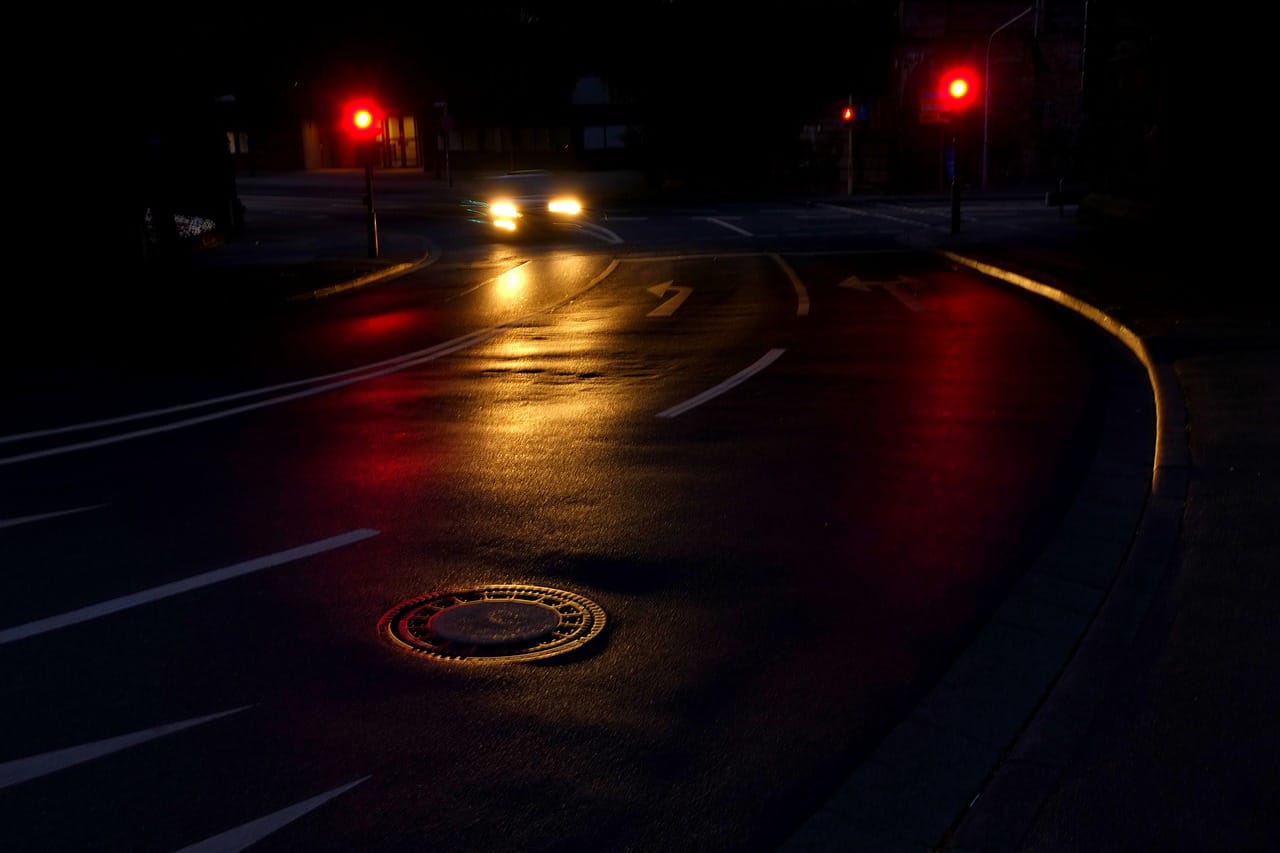So it seems that due to a procedural anomaly, a whole year’s worth of novels missed out on being considered for the Booker Prize. This is being remedied by a retroactive award, with a shortlist of novels from 1970 being drawn up by three judges and then a public vote to decide the winner.
I think this is interesting – partly for a window onto a year’s writing (lots of names I recognise, but not a single book I’ve read), but also for raising questions of how we judge literature. I bet that a lot of people, like me, haven’t read any of the books, and probably won’t have read them before the votes are cast. So what will the votes be based on? Names, probably – liking other Ruth Rendell novels so assuming this one was probably good. Or perhaps they’ve read one, and will vote for that one. I’d imagine that the number of people who have read every book on the shortlist and can choose between them all on an equal basis is very small. It’s different from previous public votes, like the Best of the Booker, where you were voting for a range of high-profile books across 40 years, and there was a better chance of having actually read them. So it will be interesting to see how it works out. The choice will almost certainly be different from what it would have been had the prize actually been awarded in 1970 through the usual process.
I am happy of course for the writers too, to get some long-overdue recognition. I do feel a little sorry for those who experienced the excitement of seeing their name on the shortlist, allowed their thoughts to wander to how they would spend the £50,000 cheque that a Booker winner receives, and then saw this at the bottom of the announcement: “The winner of the Lost Man Booker Prize will receive a designer bound copy of their novel.” Hmm. Giving someone a copy of their own book is not the best prize in the world. It’s certainly not £50,000. But I suppose the real prize is the recognition, and also the nice boost to royalties from readers rediscovering your work.


